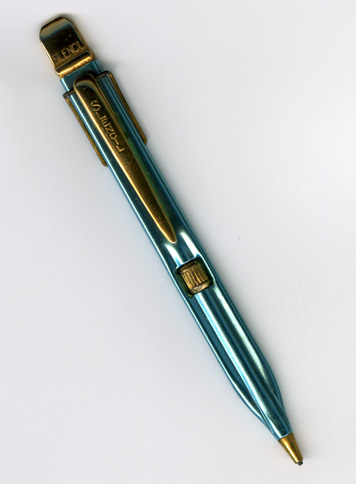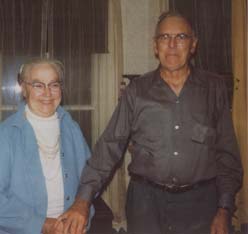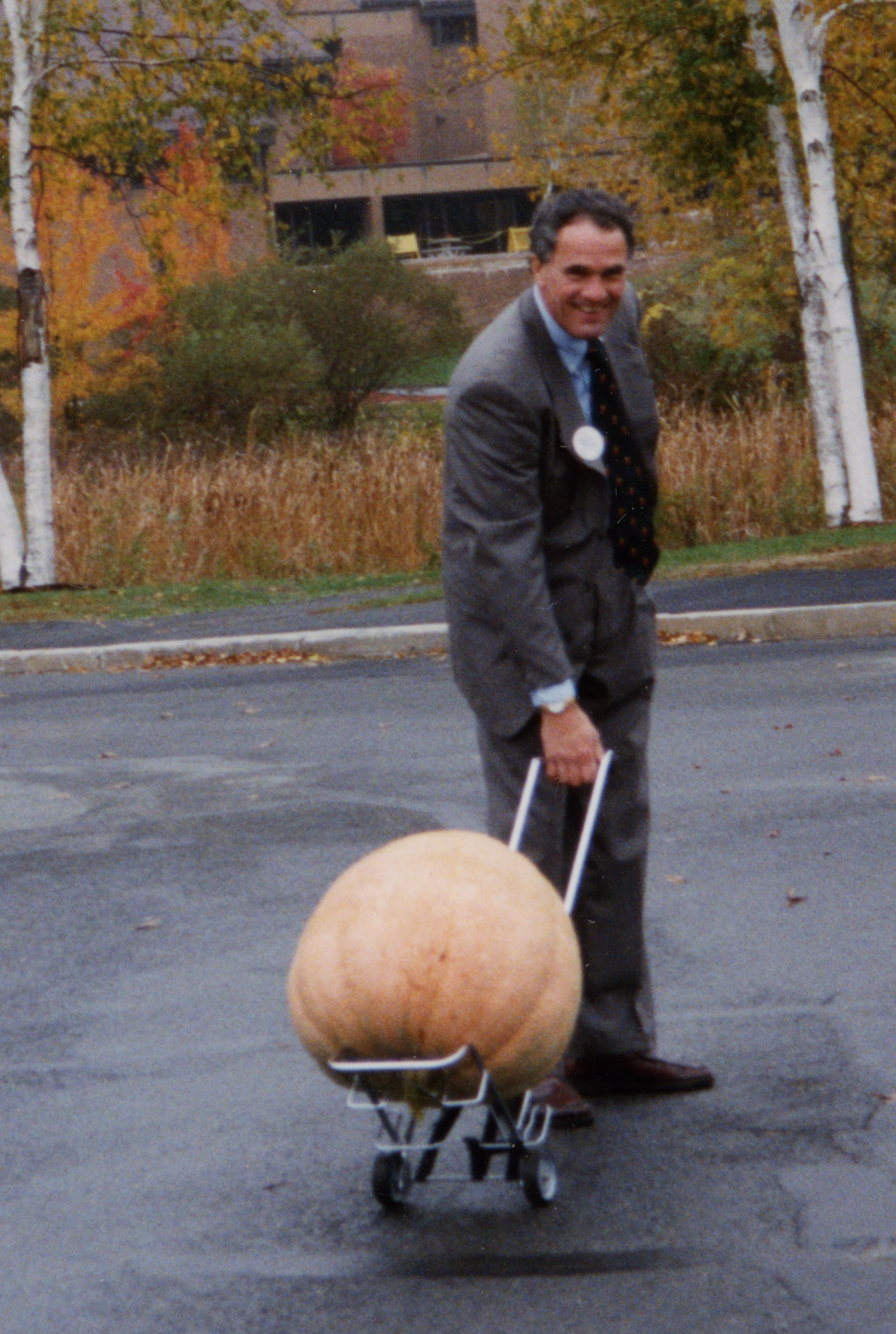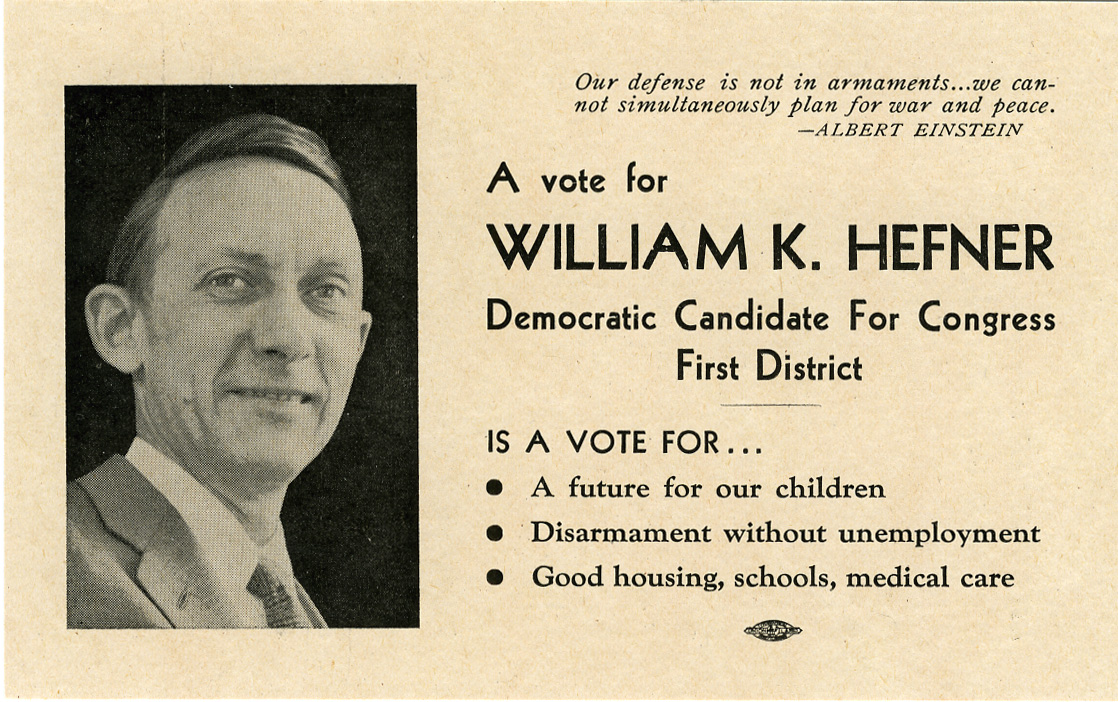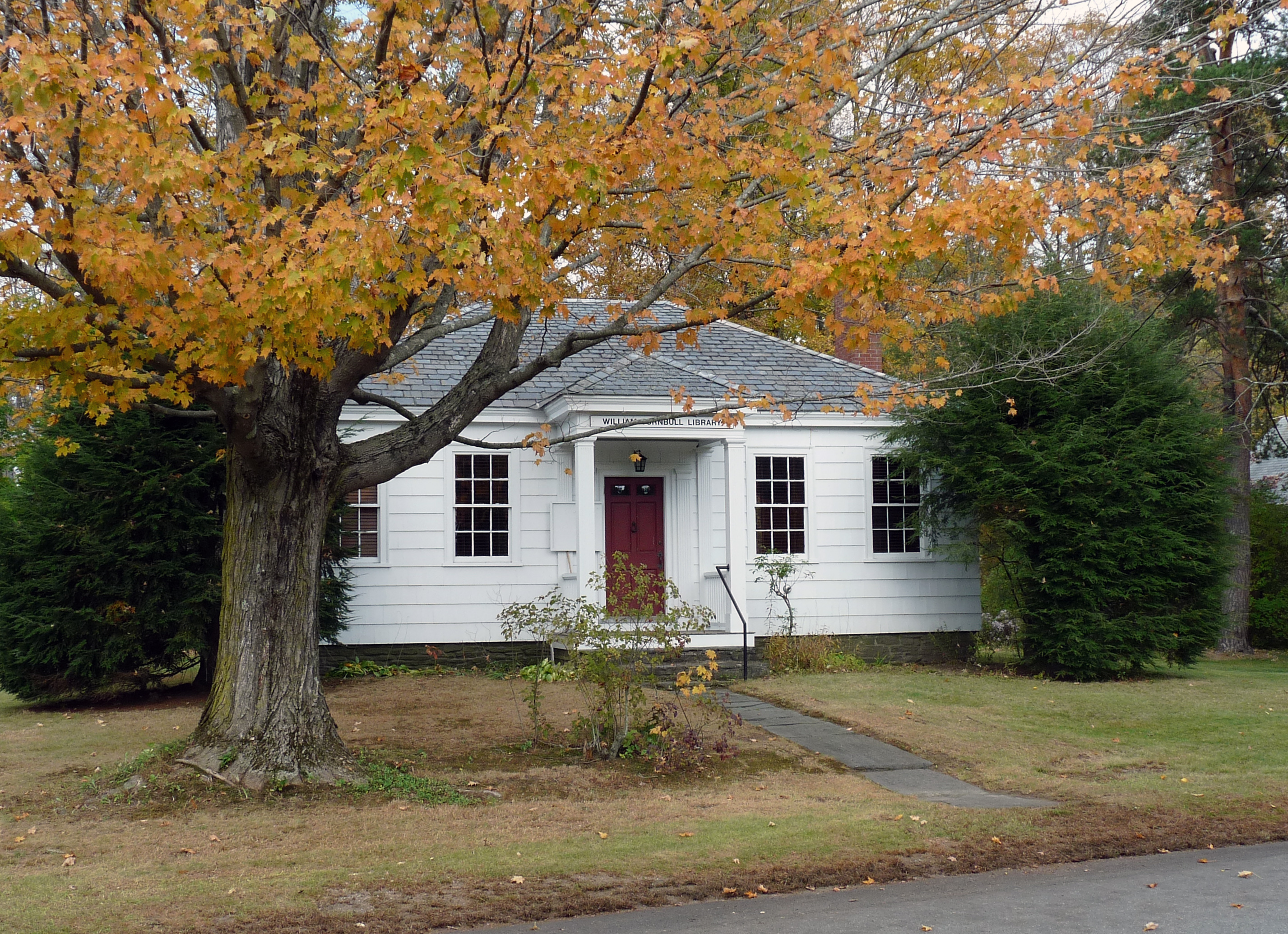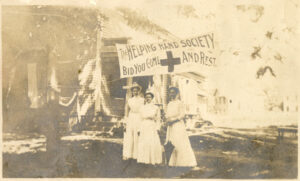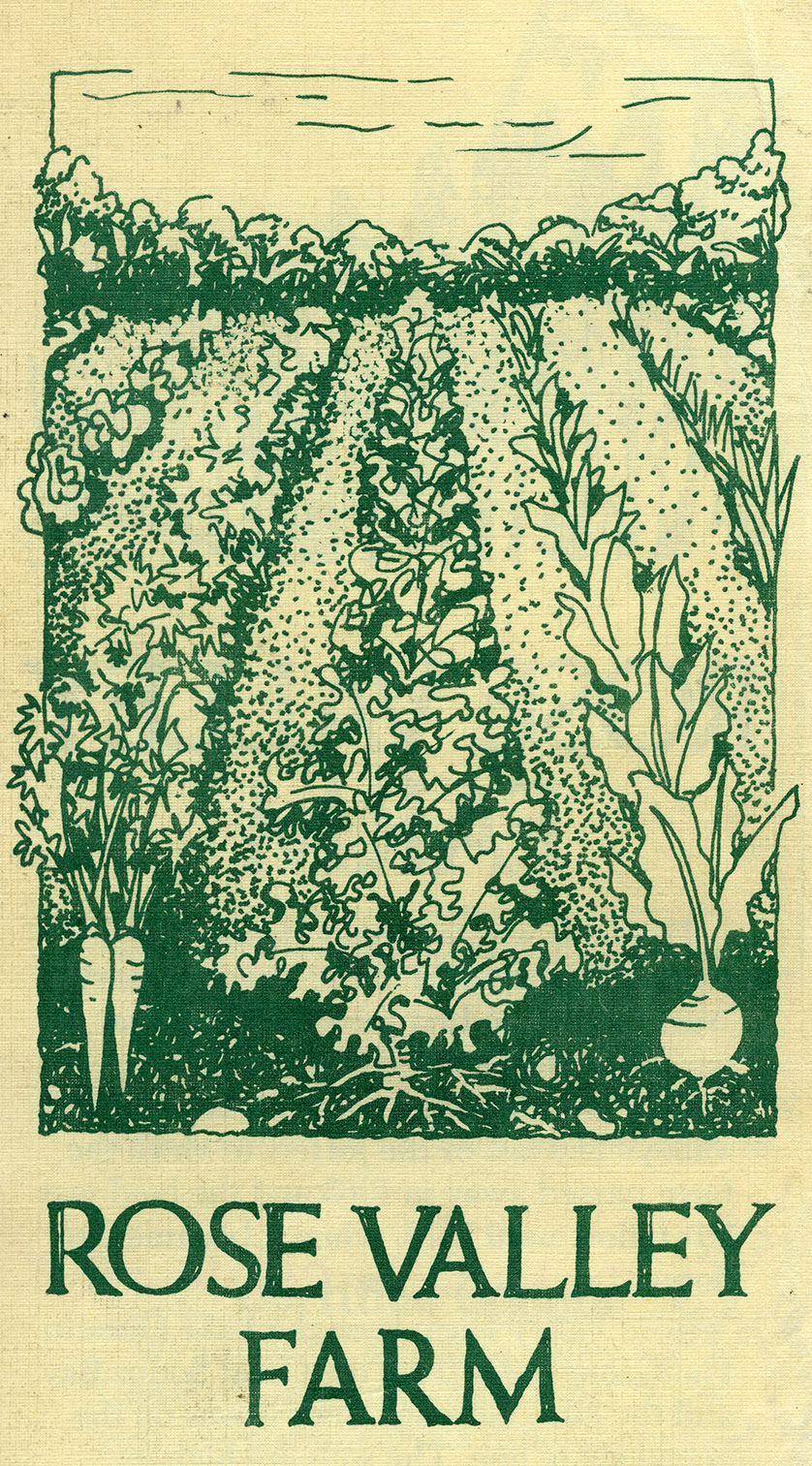Charles H. Hapgood Papers
Charles Hutchins Hapgood (1904-1982) was working toward a doctorate in French history at Harvard when the Great Depression derailed his plans. After a succession of jobs and wartime service, however, Hapgood returned to the academy, teaching history at Springfield College and Keene State for over three decades. He is best remembered as an advocate of several scientifically heterodox ideas, arguing that the earth’s outer crust shifts on geological time scales, displacing continents, and that the earth’s rotational axis has shifted numerous times in geological history. A long time friend and supporter of the medium Elwood Babbitt, he was author of several books, including The Earth’s Shifting Crust (1958), Maps of the Ancient Sea Kings (1966), The Path of the Pole (1970), and Voices of Spirit : Through the Psychic Experience of Elwood Babbitt (1975). Hapgood died in Fitchburg, Mass., on Dec. 21, 1982, after being struck by an automobile.
The Hapgood Papers contain a small grouping of correspondence and writings that offer a glimpse into some of Charles Hapgood’s late-career interests. Although the correspondence is relatively slight, relating primarily to publications in the last two or three years of his life, the collection is a rich resource for the lectures and writings of Elwood Babbitt.


